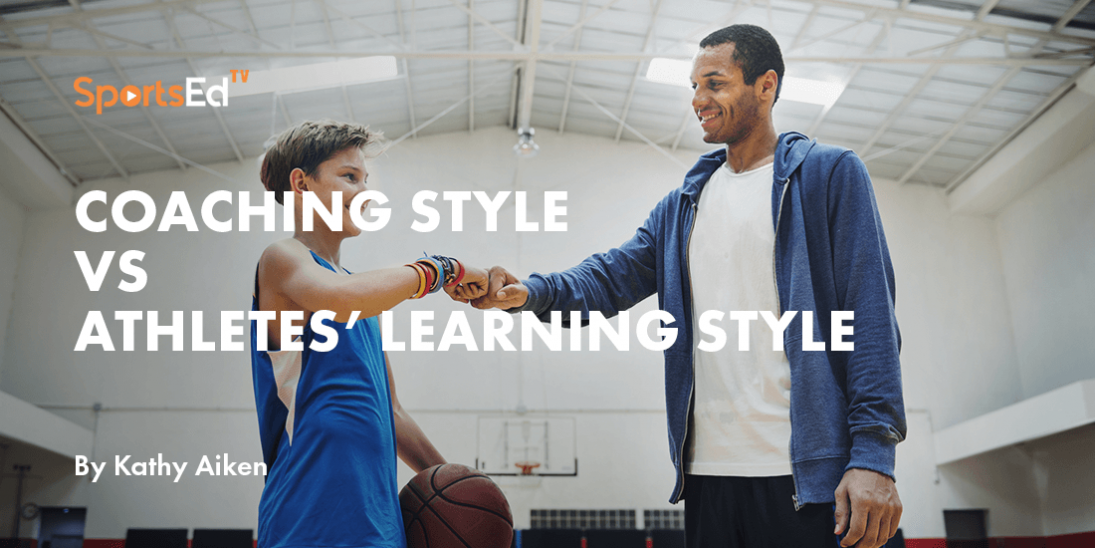Sports Parenting, Sports Psychology
Welcome and thanks for visiting...

Coaching Style vs Athletes' Learning Style

Every athlete has a unique way of learning and being coached that ignites their passion.
Taking the time to discover the most effective and efficient way to coach athletes can prevent many stressful coach-athlete interactions, resulting in a more rewarding and successful journey for both parties.
Achieving an athlete's full potential and dreams is a process that may take years, and coaching style plays a significant role in determining how this journey unfolds and what each athlete and coach will find at the end of it.
When coaches use effective and empowering strategies to reach their athletes, athletes learn faster, acquire skills and techniques more quickly, reach higher goals, and enjoy their sport more. The coaching experience also becomes more enjoyable and rewarding for the coach.
This does not necessarily mean that coaches have to coach each athlete differently, but rather they can learn to coach using various teaching and learning styles with the entire team, allowing them to effectively reach every athlete.
When things go wrong during training, "corrections" or feedback are given to help athletes get back on track and progress. However, these corrections often overlook the athlete's most effective learning style, resulting in slow progress.
Coaches may become frustrated and attempt to implement these corrections again in an ineffective way, leading to a cycle of ineffective coach-athlete interaction.
Both coaching style and athlete style are equally essential for effective coaching. While coaches guide and mentor their athletes, each athlete has a unique personality, learning style, and performance goals.
Therefore, coaches must adjust their coaching style to fit each athlete's individual needs and preferences.
Effective coaching requires a balance between the coach's coaching style and the athlete's learning style. Coaches should have an adaptable and flexible coaching style that allows them to cater to the athlete's strengths and weaknesses.
Similarly, athletes must be open to different coaching approaches and receptive to feedback from their coaches.







